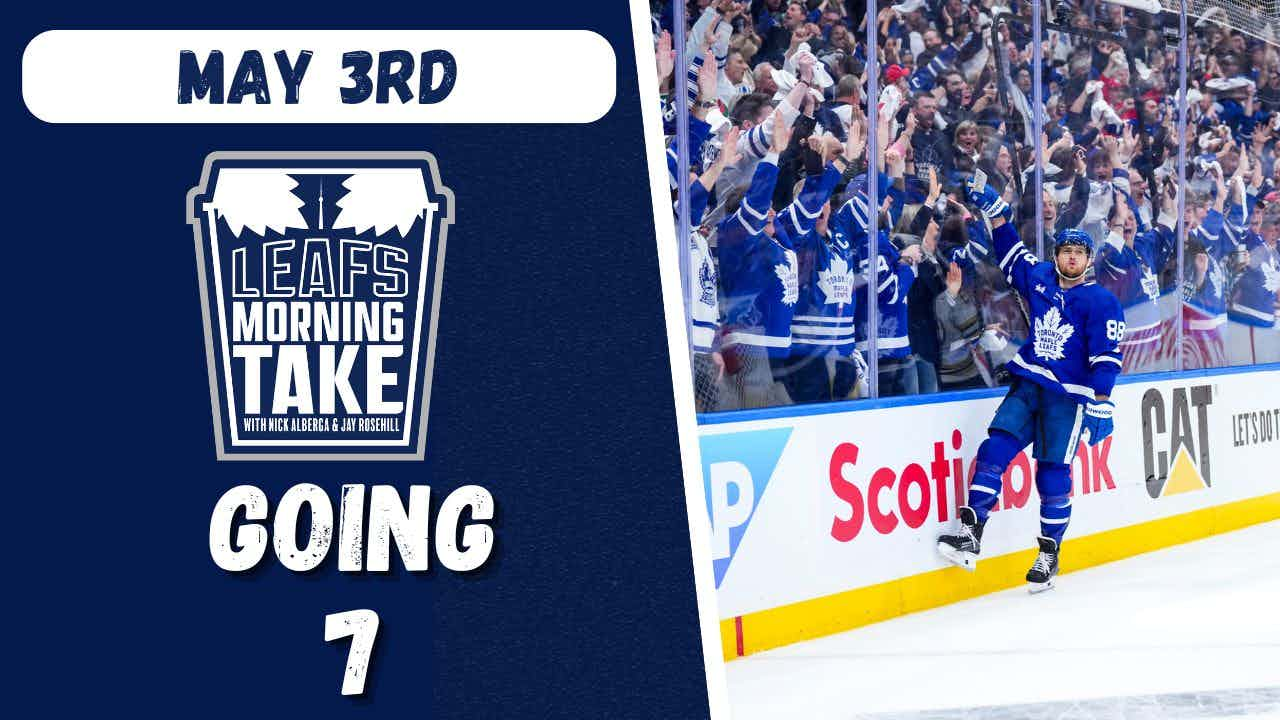Steve Kasper does not know how statistical analysis works
By Cam Charron
10 years ago
Another gem from Alec Brownscombe. I bet next year they don’t get the access to do these again. The interviews went viral this year for all the wrong reasons. We’ve already parsed interviews with Greg Cronin and Dave Poulin. Today’s is Steve Kasper, the Leafs’ director of pro scouting:
No, we are not using a statistical analysis. I am not saying there’s not room for that in the game, but sometimes a player’s contribution does not always show up on a stat sheet. I know a statistical analysis isn’t simply looking at goals and assists, but sometimes a player can play his best game and you don’t see his name anywhere on the scoresheet. My own personal belief is that I like there be live and see a game myself.
Does anybody dispute the bolded point?
The scoresheet has the following categories: Goals, Assists, Points, +/-, penalties, penalty minutes, time on ice, shifts, powerplay time, shorthanded time, even strength time, shots, attempted shots blocked, missed shots, hits, giveaways, takeaways, blocked shots, faceoffs won, faceoffs lost, faceoffs percentage. Most of those categories are completely useless.
What statistical analysts do is look beyond the scoresheet to the play-by-play sheet and, with enough sample size, determine what happened when a certain player was on the ice in a certain situation. You can find a lot of things that don’t show up on the scoresheet there. Nobody is scared of Patrice Bergeron’s 10 goals and 32 points in 42 games this season, but they are scared of the fact that he’s perhaps the most dominant two-way centreman in the game because the Bruins out-shoot the opposition 12.1 to 9.0 per 20 minutes when Bergeron is on the ice. This is why Bergeron gets an eight-year contract and is perennially nominated for the Selke Trophy.
You can do a lot with statistics, but a lot of people write it off as worrying too much about split statistics (how many goals does he score on a Tuesday) and a lot of numbers you can produce are absolute junk. The point isn’t about using only numbers, but numbers have a memory and less bias than humans do. Even if a pro scout is told to look for a specific type of player, concentrating on one player leads to tunnel vision and you can’t see anything in its context.
Such as this:
AB: Bolland had a bit of a down year despite ample PP time and the opportunity to play with some good linemates in Chicago. What makes the team confident he’ll bounce back? Do you think that 2nd line scoring role was an improper one for Bolland?SK: Well, first of all, I don’t know who is making the determination that he had a down season. You didn’t hear that from me. Obviously Chicago had a very successful year winning the championship, but were also very successful from the day the puck was dropped to the final faceoff. I just think Bolland was a regular contributor to that team, and a big contributor to that team. You didn’t hear me say he had a down year. My job is not to define his role. The coaching staff assembles the team and plays them in the role that they see fit to help Toronto win. In Dave Bolland we have a very versatile player who can contribute in all three zones, and can play in all game situations. I’m sure Randy Carlyle and the coaching staff will find the best way to utilize his skillsets.
That’s, uh, kinda scary. I wrote the day of the Mikhail Grabovski buy-out that it was odd to see the Leafs add a player coming off a down season in place of another. This reinforces the theory we’ve had that the Leafs didn’t do any significant research into David Bolland. Dave Nonis suggested that the Leafs will play him in a more prominent role, when it would literally take 10 seconds to boot up David Johnson’s website and note that Bolland played 392 of his 425 minutes at even strength this season alongside Patrick Kane. (“Stanley Cups won” is a statistic)
Those are the kinds of things that you can use data to analyze. You can see how a player fared with another, how they did in a situation off a defensive zone or offensive zone draw, or how often a player played with another. Again, these aren’t things that are showing up on the scoresheet, and doing what I do night in and night out I often find myself ignorant to short hot streaks or cold streaks. A player could score and the commentator yells that’s the player’s first goal in 10 games and I find myself surprised, because here I am paying attention to things other than pucks going into the net, and mostly on which players are creating meaningful possessions.
The real issue is that the Maple Leafs are the richest team in hockey and are not doing anything to supplement their view of the game. There’s no team run by a strawman general manager that puts together a lineup using only a computer and I’m not a proponent of that, but I’m a proponent of finding as much data you can find to go against a move you’re thinking of making. Why? As Nassim Taleb pointed out in his book The Black Swan, a book that you haven’t read is much more valuable to you than a book you have read. It’s sometimes what you don’t know that’s of the most value to you.
Recent articles from Cam Charron





